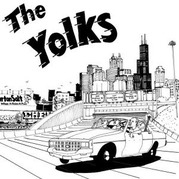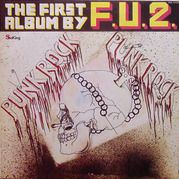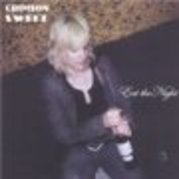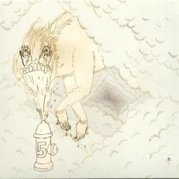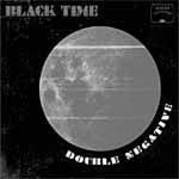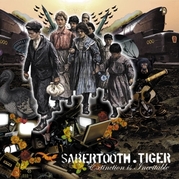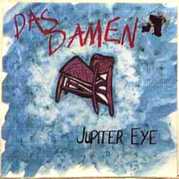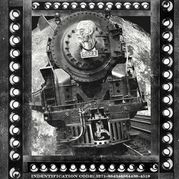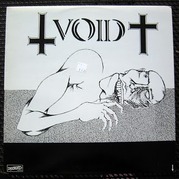The Intelligence
Deuteronomy
(In the Red, 2007)
Yes, I concur, the singles by the A-Frames on S-S are pretty decent and with the creation of AFCGT, there’s no lack of newly recorded, skewed rock on the market. But the third full length, the second on ITR, from the Intelligence includes some dingy fuzz with a thick layer of pop melodicism that isn’t always proportioned well on recordings being birthed from this genre.
The skronk of AFCGT recalls everything from Can to Zappa, but leaves out the ample pop needs of the listening community. That being said, Lars Finberg recording the Intelligence in a studio for the first time, brings about Deuteronomy, whose title itself is a bit mysterious. The name comes from the fifth book of the Torah and seeing as if you combine the number of full length albums between the A-Frames and the Intelligence the resultant integer being five, it all make sense. Kinda.
What doesn’t seem to be sensible is the pervasive point of view that this group is a pre-programmed exploration of sound. While Finberg does work alone, the albums that have resulted seem to be full fledged rock ensembles. Granted, few tracks sport a full line-up, but if you’re listening at home you probably just won’t know.
Hot Rod Tod. Where’s he been? Not on this disc, but HRT and Finberg share similar vocal styles and deliveries as evidenced initially on the lead off “Moon Beeps”. That alone doesn’t make the album, perhaps it yields a bit of endearing sentiment. But unfortunately the female whoa’s on “Dating Cops” stomp that feeling from one’s ears. With that being the low point, Finberg’s ability to work within a genre, no matter how loosely defined, while shifting tempos as well as mood is exceptional. The elastic bass, so often associated with funk, gets some play here as on “Bad Sirens”, where the Intelligence sounds alternately like an ‘80s punk band and the Strokes.
The media, in general, has hailed this as an insightful melding of sound, noise and style. No one will be so bold as to disagree, but this won’t make too many top ten’s. Either way, once it goes into the ole cd player, if you didn’t just rip it, it’s not coming out for a while. Or at-least, not until you find your copy of We Are Electrocution.
